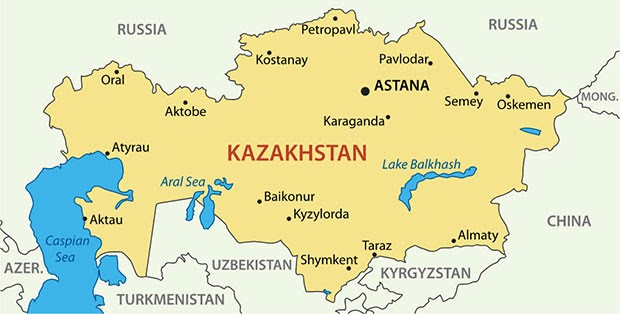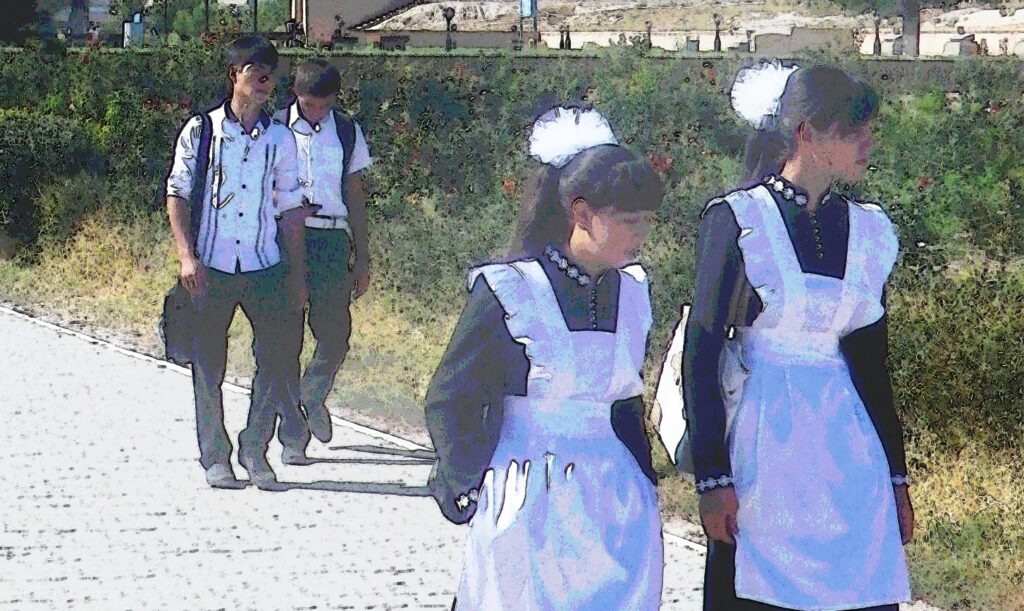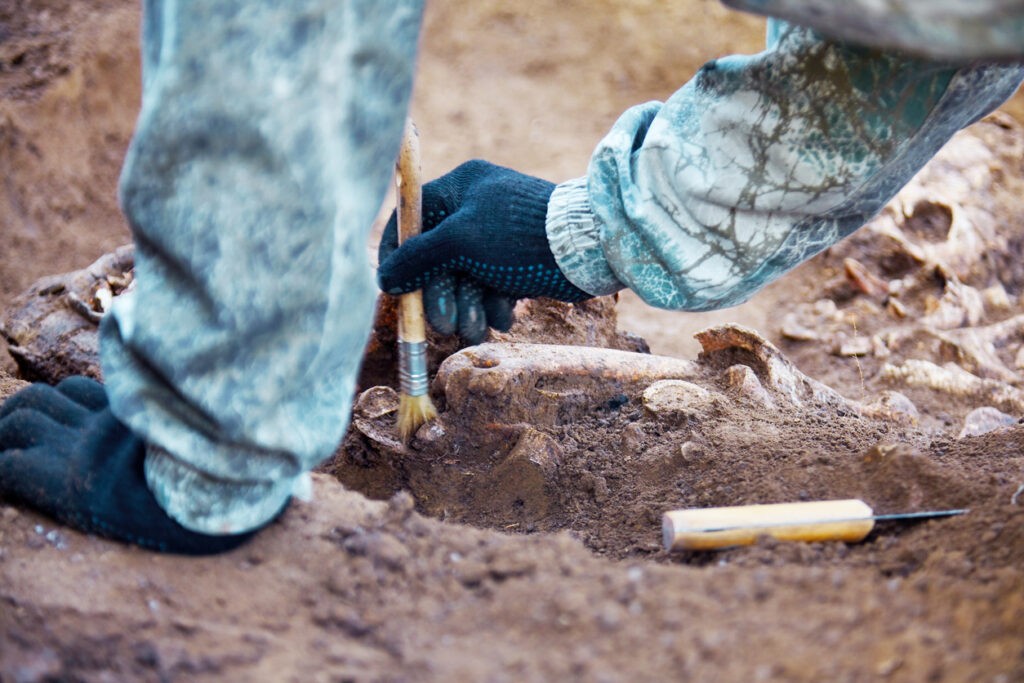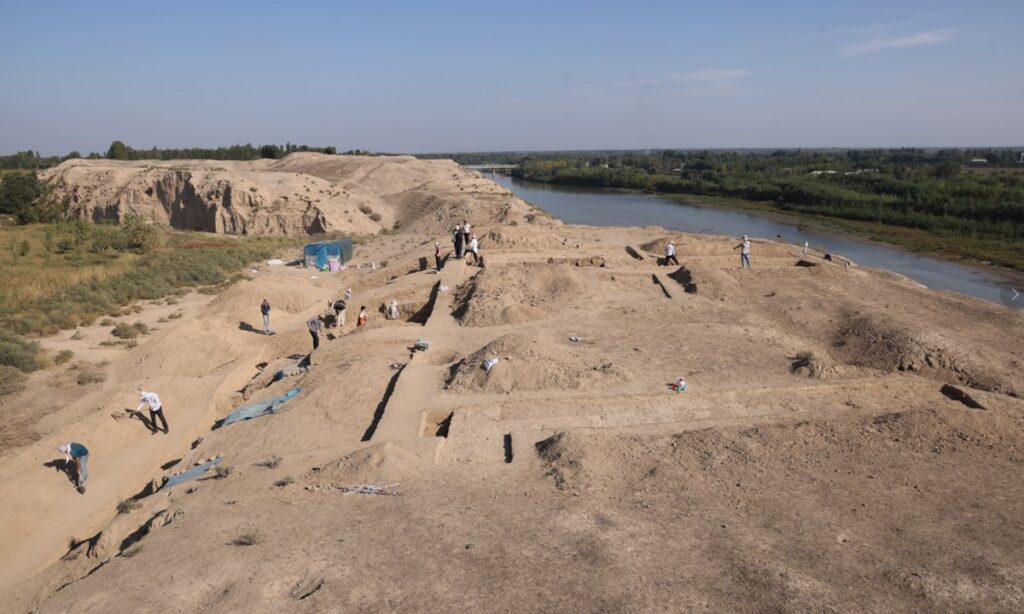ASTANA (TCA) — A Research Scholar of History, Philosophy and Religious Studies Department at Kazakhstan’s Nazarbayev University, Ulan Bigozhin, told about the work on the creation of an electronic atlas of the country’s sacred heritage at a press conference on April 16, the official website of the Prime Minister of Kazakhstan reported.
For this purpose, the first expedition starts on May 17 along the route Astana – Ekibastuz – Karaganda – Ust-Kamenogorsk – Semey – Astana. The expedition will include professional historians, anthropologists, archaeologists, and source-study experts. As Bigozhin explained, video shooting will be conducted by various devices and drones. At the same time, the source study — a survey of the local population on the availability of folklore, oral, and ethnographic materials — will be carried out.
“In the course of the research work we met a huge number of written materials that date back to the 19th and early 20th centuries, the mid-1930s, which the people have in their hands, in chests, and they are lost in fires. This is a huge amount of oral, material, written history of the Kazakhs which in a few decades may disappear: ancient Korans, hadiths, notes of local imams, mullahs, teachers, public figures. If we do not collect the material now, then the current processes of globalization and migration of population to large cities will lead to the loss of this huge folklore and ethnographic material,” the scientist explained.
He said this atlas will allow tourists, while in Europe or the US, by simply clicking and looking at photos of objects, to make up their own tourist itinerary. In addition, the atlas will be important for academicians. Many foreign scientists cannot come to Kazakhstan, but they can get acquainted with the materials from their office.
“This is not just a project when we go around 12 objects, put them on a map, and leave. We want to make a project that will show the multi-confessional, ethnic and religious diversity of the country. This is a kind of encyclopedia with JS-data, photos, etc.,” said Bigozhin.
The representative of Nazarbayev University stressed that the Atlas will be developed in the form of a website and will be replenished regularly.









